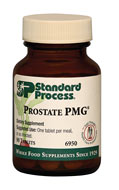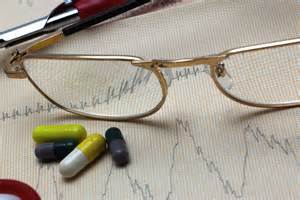Benign Prostatic Hyperplasia
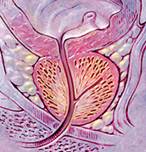 |
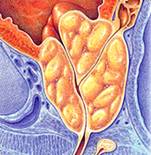 |
a sick, its prison."
Francis Bacon
Noncancerous enlargement prostate gland is called Benign Prostatic Hyperplasia (BHP). As men age they have a greater risk of developing an enlarged prostate and prostate cancer. In BPH the enlarged prostate squeezes the urethra, which slows or stops the flow of urine, making it difficult for men to urinate. BPH affects more than half of men over age 60 and about 80 percent of men by age 80. For most men over 50 the first symptoms of prostate problems are getting up each night to urinate. These visits in time become more and more frequent. This is usually due to the development of BPH (Benign Prostatic Hyperplasia).
The reason for BPH prostate enlargement is simply that the internal chemistry of the human body changes as we get older. Less natural male hormones are produced. This causes many physiological changes. In advanced age, the lack of sexual hormonal production seems to fix the human form. In very advanced age both men and women often have a very similar physique. Many doctors actually believe that enlargement of the prostate is as normal in men over 50 as gray hair. On the other hand, most men degenerate far too early in life. A lot of this physical change, illness, and debility are due to improper diet and nutritional deficiency. Men categorically, who have healthier lifestyles have less ailments of all kinds including less enlarged prostates and symptoms of prostate problems. Most of these ailments can be reversed with proper nutrients. This includes BPH. There are many men in their 80s and 90s with perfectly healthy prostate glands.
The body chemistries change somewhat as you age. In a nutshell, the body starts making more of this and less of that. BPH occurs when testosterone starts getting converted into dihydrotestosterone. Dihydrotestosterone makes the prostate grow. Dihydrotestosterone is formed from testosterone by a chemical catalyst (produced by your body) known as 5-alpha-reductase. By inhibiting the formation of 5-alpha-reductase, dihydrotestosterone is not created and cells in this gland are not encouraged to over grow.
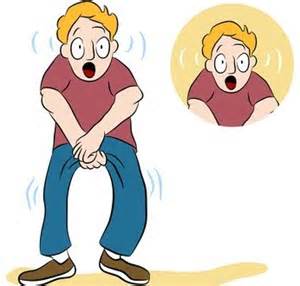
|
Enlarged prostate treatment is very common these days. Commonly, it ranges from a variety of drugs to different surgeries. But are these things necessary? Sometimes yes. Most times, I would say, probably not. Enlarged prostate treatment by emergency surgery for a man who suddenly cannot pee is a true God send! He would otherwise die. |
But, come on guys, you see that your stream is getting weaker and weaker month by month, year by year. Is that not a signal that something is changing for the worse? Why wait until it's an emergency before you do anything about it?
- What are signs and symptoms of BPH
- What you need to do to avoid surgery
- How you can reverse your problem
- Why your prostate is very much like your thyroid gland in certain respects


